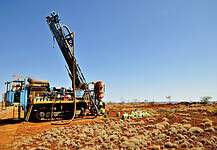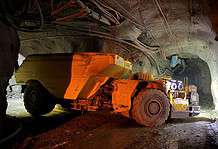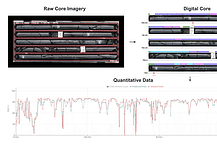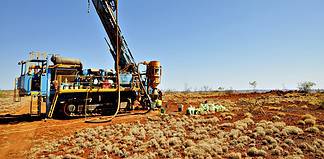MINING company Lynas has entered into a heavy rare earths separation plant joint venture in the US with Blue Line Corp, at a time when international fear around a rare earths shortage has nearly reached crisis point.
The agreement comes as China moves to leverage its position as the sole producer of heavy rare earths in the latest ramp-up of trade tensions against the US.
Lynas vice president of sales and marketing, Pol Le Roux, told The Australian Mining Review that the company had the capacity to fill the supply gap on all but two of the 17 elements that make up the rare earths: cerium and the group known as heavy rare earths.
“China is not in a position of monopoly anymore, and the reason for that is Lynas,” Mr Le Roux said.
“Probably, if the Chinese could, they would remove us from the planet.
“We disturbed their strategy.”
According to Mr Le Roux, China has two strong assets in this space: one being the heavy rare earths separation, and the other the production of the powerful heavy rare earths-dependent magnets required by a host of tech applications from electric vehicles to wind turbines.
Heavy rare earths are important to electric motors as they allow magnets to remain stable under high temperatures.
“The market for these kinds of magnets is growing very fast and this could be a big problem as the world moves toward electric vehicles and electric engines,” Mr le Roux said.
China also dominates the production of these magnets.
Today there are three separate manufactures in Japan and a whole industry in China.
“Chinese magnet makers are close to Japanese technology,” Mr Le Roux said.
“They are not far behind but in terms of scale, they are much, much bigger and they are priced very competitively.”
Mr Le Roux said that Lynas cannot stop China from leveraging its exports of magnets to tech companies, but with the separation plant for medium and heavy rare earths set to go ahead in Texas, it hopes to once again position itself as the world’s alternative.
“The problem is a very typical Western world problem, as magnet buyers simply go for the cheapest, and the cheapest is always Chinese,” Mr Le Roux said.
“If China were to cut off the export of magnets to the outside world, or increase the costs through tax systems, that would immediately impact many industries.”








































